Much of American history could be broken down to a series of key events that have not only shaped the nation but continue to influence our daily lives.
From the audacious Boston Tea Party to the most recent Supreme Court rulings, our country has been shaped by a series of key moments in time. Lets explore some key historical moments to reflect on their lasting impact and how they shaped the good ole USA.
Boston Tea Party

In 1773, American colonists, frustrated with British taxation without representation, threw 342 chests of tea into Boston Harbor. This defiant act escalated tensions that led to the American Revolution. The Boston Tea Party symbolizes the fight against oppression and is a pivotal moment in American history.
Declaration of Independence
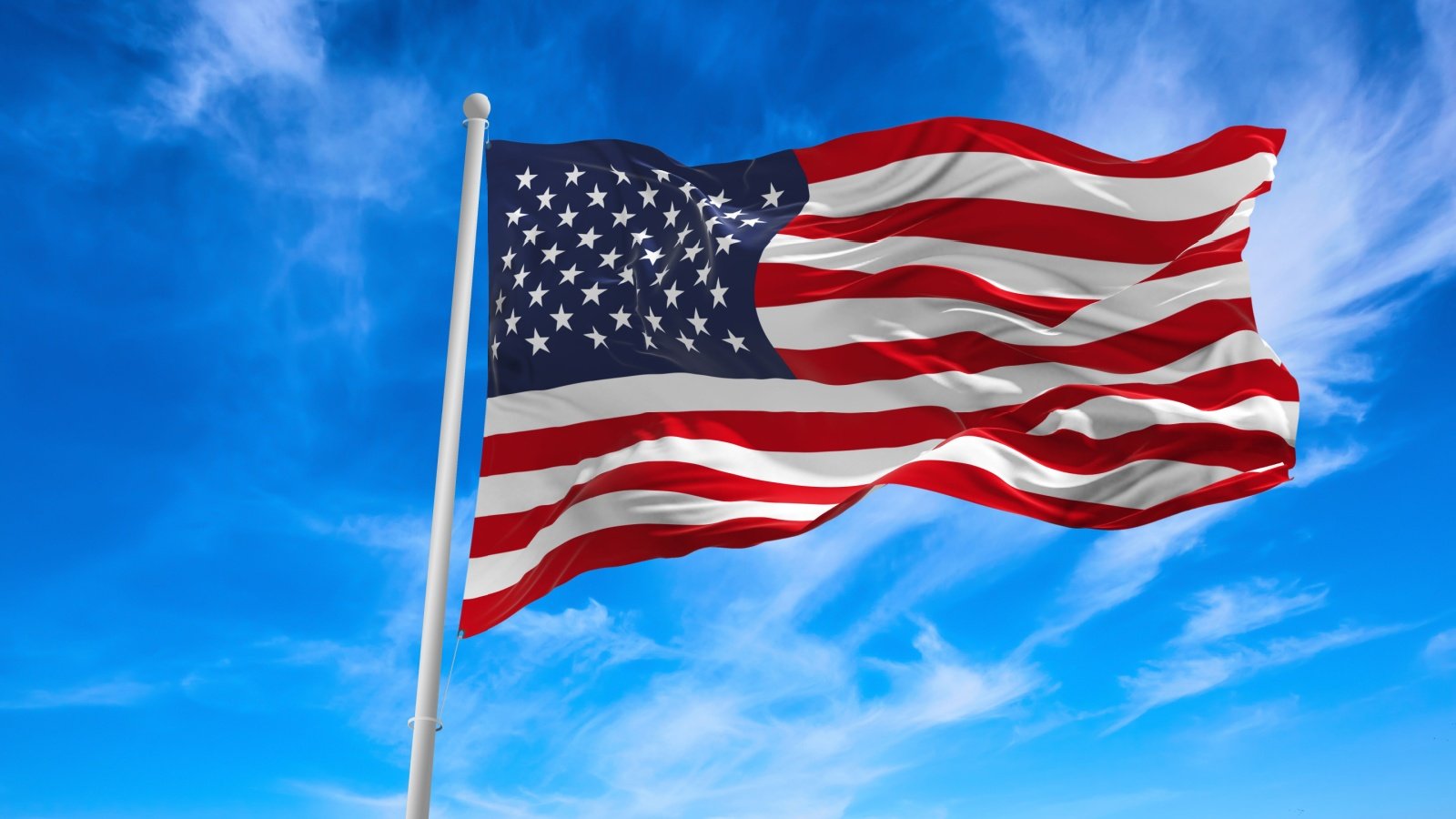
Drafted in 1776, this document declared the thirteen American colonies free from British rule. Its eloquent assertion that “all men are created equal” has inspired countless movements for freedom around the world. Today, it remains a fundamental statement of American values.
Louisiana Purchase

In 1803, the United States purchased the Louisiana Territory from France for $15 million, doubling the size of the nation. This acquisition opened up the West for expansion and settlement, fundamentally altering the nation’s geography and economic future. It stands as one of the largest peaceful land acquisitions in history.
Trail of Tears

Between 1830 and 1850, thousands of Native Americans were forcibly removed from their ancestral lands in the Southeastern United States.
This tragic event resulted in the deaths of approximately 4,000 Cherokee people during their 1,000-mile march, known as the Trail of Tears. It remains a somber reminder of the impact of American expansion on indigenous populations.
Gold Rush
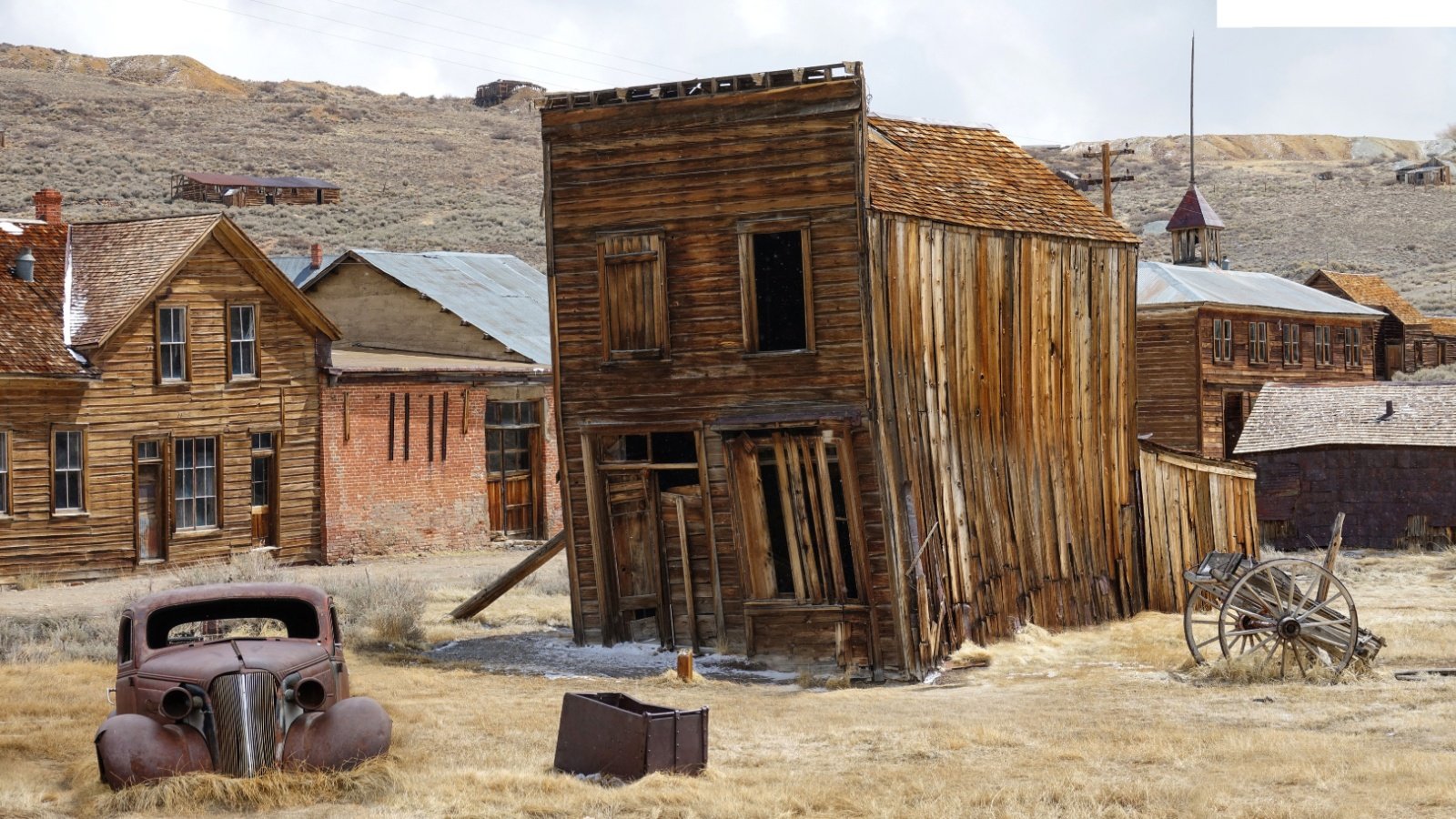
In 1848, the discovery of gold at Sutter’s Mill in California attracted over 300,000 people from across the United States and abroad. This massive influx accelerated the push for statehood and significantly impacted national demographics. The Gold Rush shaped California’s economy and was instrumental in its rapid development.
Emancipation Proclamation
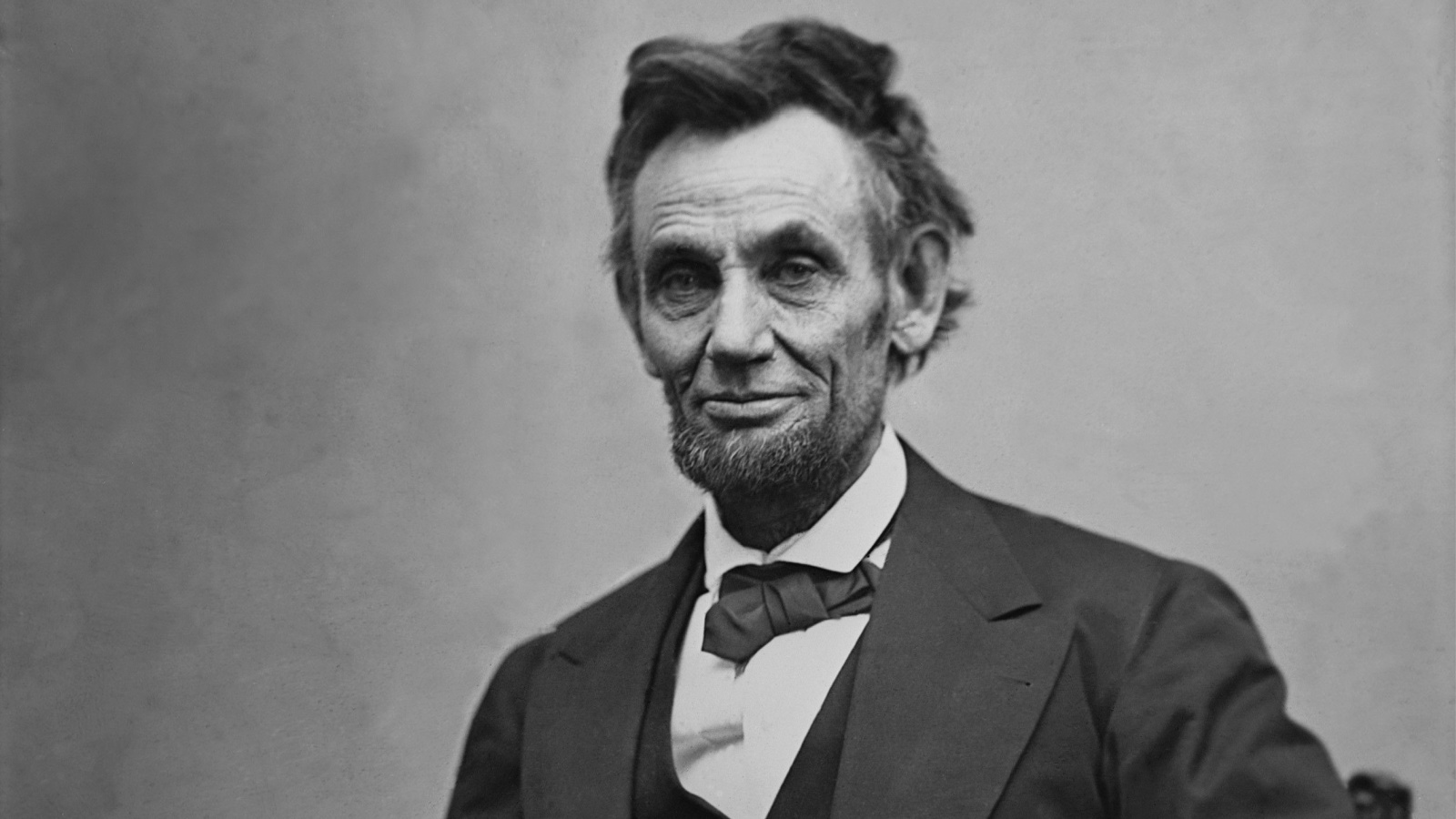
President Abraham Lincoln issued this proclamation in 1863 during the Civil War, declaring all slaves in Confederate territories to be free. It altered the character of the war and made abolition a central goal of the conflict. The proclamation was a crucial step towards the eventual abolition of slavery in the United States.
Transcontinental Railroad

In 1869, the Central Pacific and Union Pacific railroads were joined in Utah, creating a continuous railroad line across the United States. This monumental achievement revolutionized transportation and commerce across the continent. The railroad was instrumental in the settlement and economic development of the American West.
Suffrage Movement

The 19th Amendment, ratified in 1920, granted American women the right to vote. This victory was the result of decades of advocacy and protest by tireless women’s rights activists. Women’s suffrage fundamentally changed American politics and society by recognizing women’s rights as equal to men’s.
Stock Market

This crash marked the beginning of the Great Depression, a decade-long economic downturn that affected all Western industrialized countries. It led to widespread unemployment, poverty, and a significant reevaluation of the U.S. financial system. The crash is a critical event that reshaped federal involvement in the economy.
Pearl Harbor

On December 7, 1941, Japan’s surprise attack on Pearl Harbor led the United States into World War II. This event unified the nation and marked a pivotal shift in U.S. foreign policy towards more active engagement in world affairs. The attack still influences U.S. military and foreign policies.
Brown v. BOE
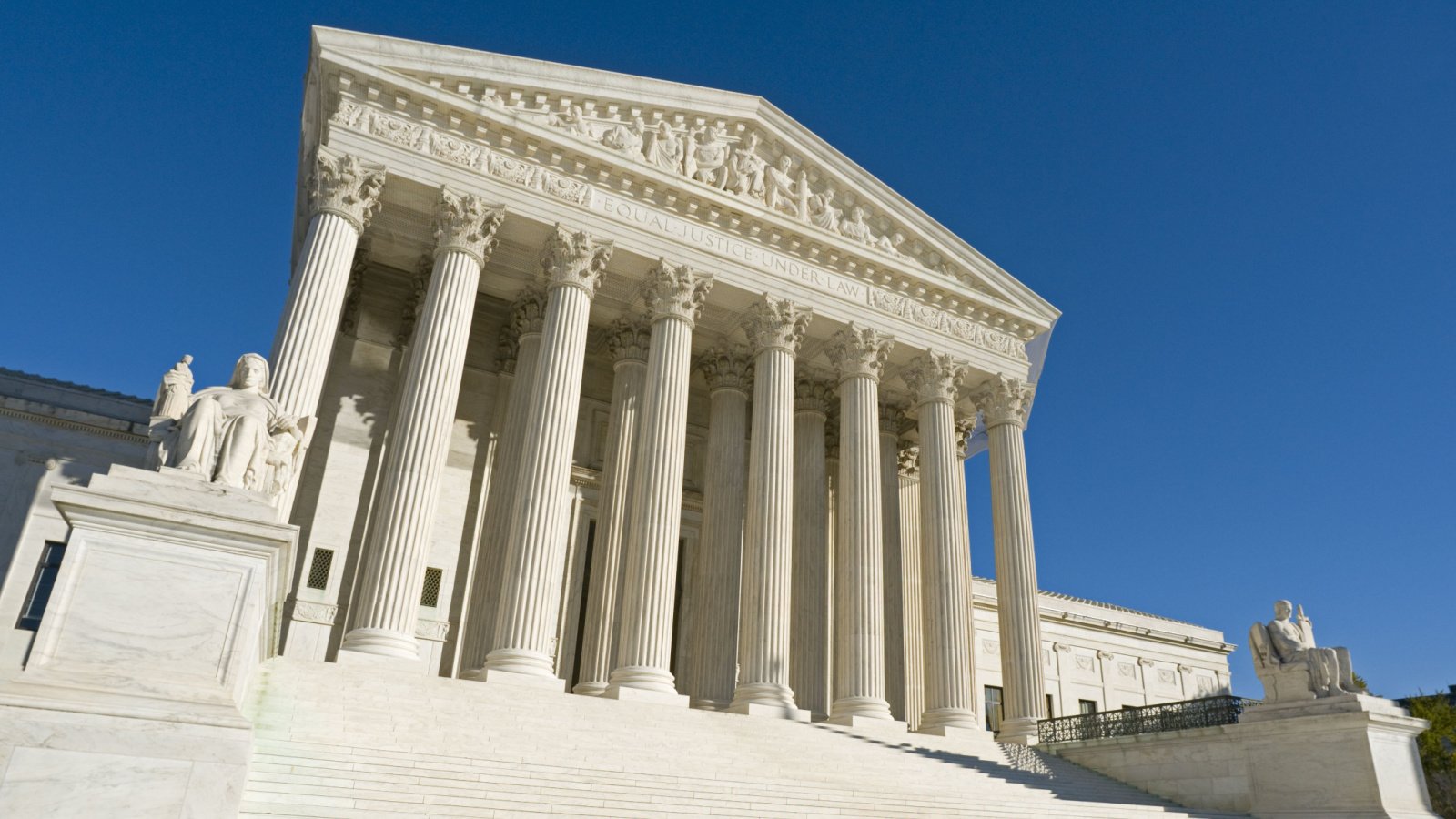
In 1954, this landmark Supreme Court decision declared racial segregation in public schools unconstitutional. It was a major victory for the civil rights movement and set the stage for further legislation against racial discrimination. Brown v. Board of Education has enduring significance in the fight for civil rights.
Space Race

The 1969 Apollo 11 moon landing, a result of the U.S.-Soviet space race, showcased American ingenuity and determination. This historic achievement not only marked a significant technological milestone but also symbolized hope and possibility during the Cold War. The space race continues to inspire technological innovation and exploration.
Vietnam War
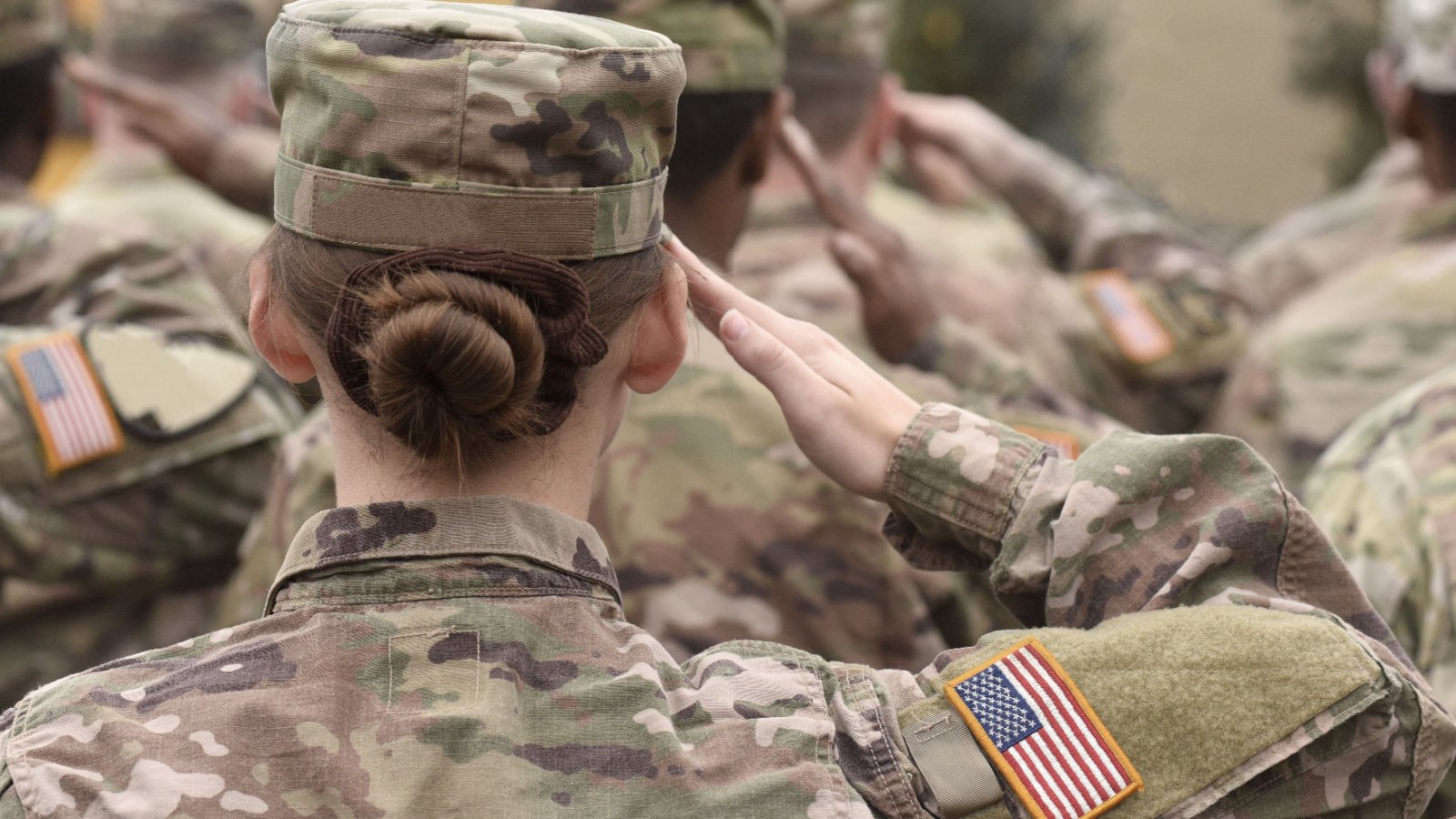
The Vietnam War, lasting from 1955 to 1975, deeply divided America and influenced generations of U.S. domestic and foreign policy. It led to widespread protests and a reevaluation of U.S. military involvement overseas. The war’s legacy continues to affect U.S. military and diplomatic strategies.
Watergate Scandal
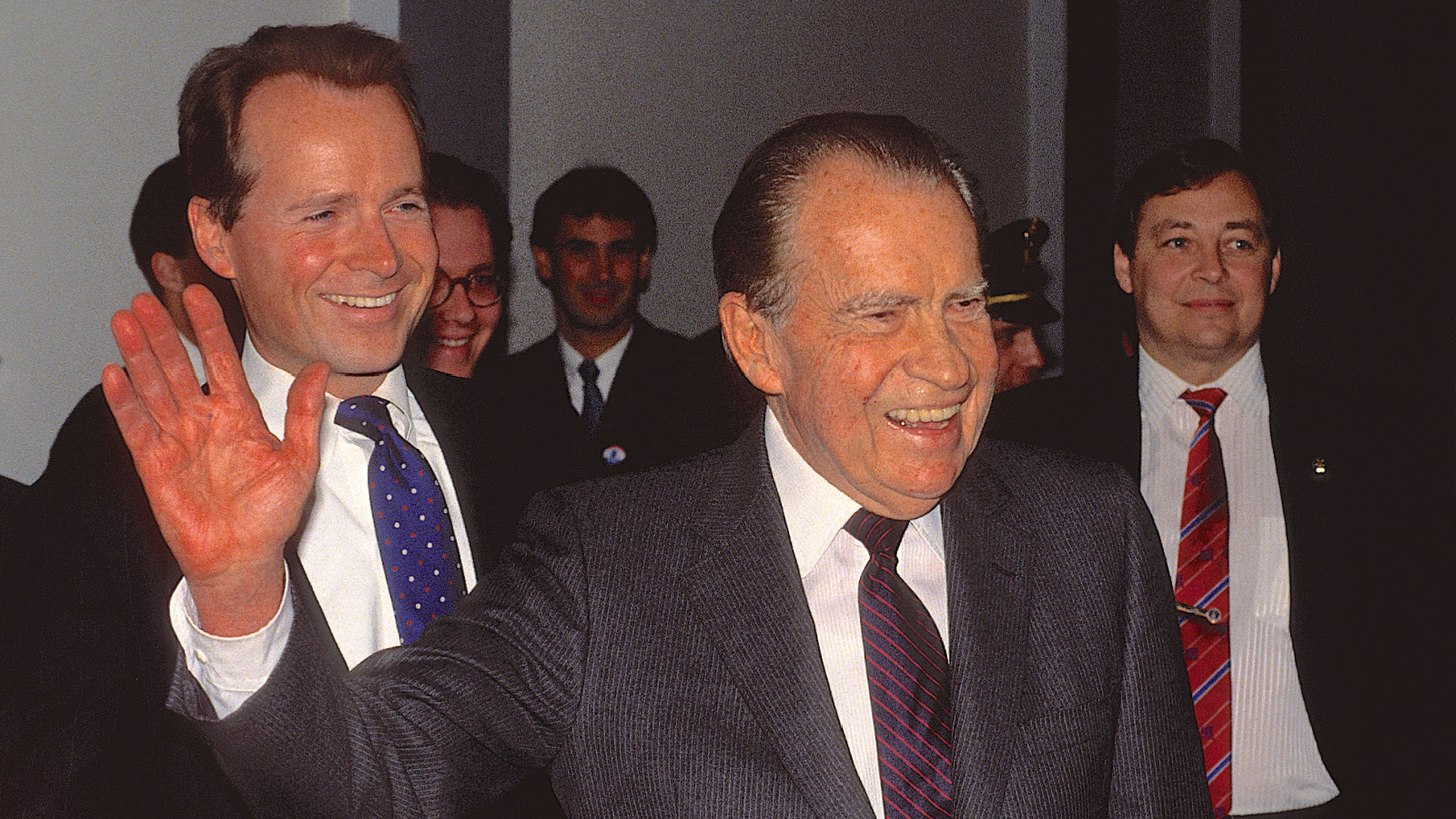
In 1974, the Watergate scandal led to President Richard Nixon’s resignation under the threat of impeachment. This political scandal underscored the need for transparency and accountability in government. Watergate profoundly changed the way Americans viewed their leaders and their government.
Cold War

The fall of the Berlin Wall in 1989 and the subsequent dissolution of the Soviet Union marked the end of the Cold War and some say solidified America’s position at the world’s superpower.
Lessons learned in the Cold War are still studied in military schools and examined by political experts and historians today. These collapse of the wall reshaped global politics and reaffirmed America’s strength.
Internet Revolution

Originating in the late 20th century, the widespread adoption of the Internet has transformed every aspect of society, from commerce to communication. The Internet was largely developed in the United States, which played a central role in its global expansion. This revolution continues to drive economic, social, and technological advancements.
9/11

On September 11, 2001, terrorist attacks on the World Trade Center and the Pentagon marked a turning point in U.S. national security and foreign policy. These events led to the War on Terror and significant changes in U.S. domestic security practices. The impact of 9/11 continues to influence global politics and U.S. foreign policy decisions.
Financial Crisis

Triggered by the collapse of the housing bubble, the 2008 financial crisis led to significant economic recession worldwide. This crisis prompted sweeping reforms in the U.S. financial regulatory system. The events of 2008 have had a lasting effect on banking, housing, and fiscal policy.
Affordable Care

Enacted in 2010, this landmark health reform law aimed to expand healthcare access and reduce costs. It represents a significant shift in U.S. healthcare policy and has affected millions of Americans. The Affordable Care Act continues to be a pivotal issue in national politics and policy.
Same-Sex Marriage

In 2015, the Supreme Court ruled that same-sex marriage is a constitutional right across the United States. This decision was a major milestone in the fight for LGBTQ+ rights and equality. The legalization of same-sex marriage has profound implications for civil rights and social norms in the U.S.
BLM Movement

Originating from a response to systemic racism and violence against Black individuals, the Black Lives Matter movement has grown into a global campaign. It seeks to address racial injustices and disparities in the criminal justice system. The movement has significantly influenced public discourse and policy regarding race in America.
COVID-19

Beginning in 2020, the COVID-19 pandemic has had profound impacts on American life, economy, and politics. The crisis highlighted strengths and weaknesses in public health and government response. The ongoing effects of the pandemic continue to shape public policy and individual behavior.
Climate Change
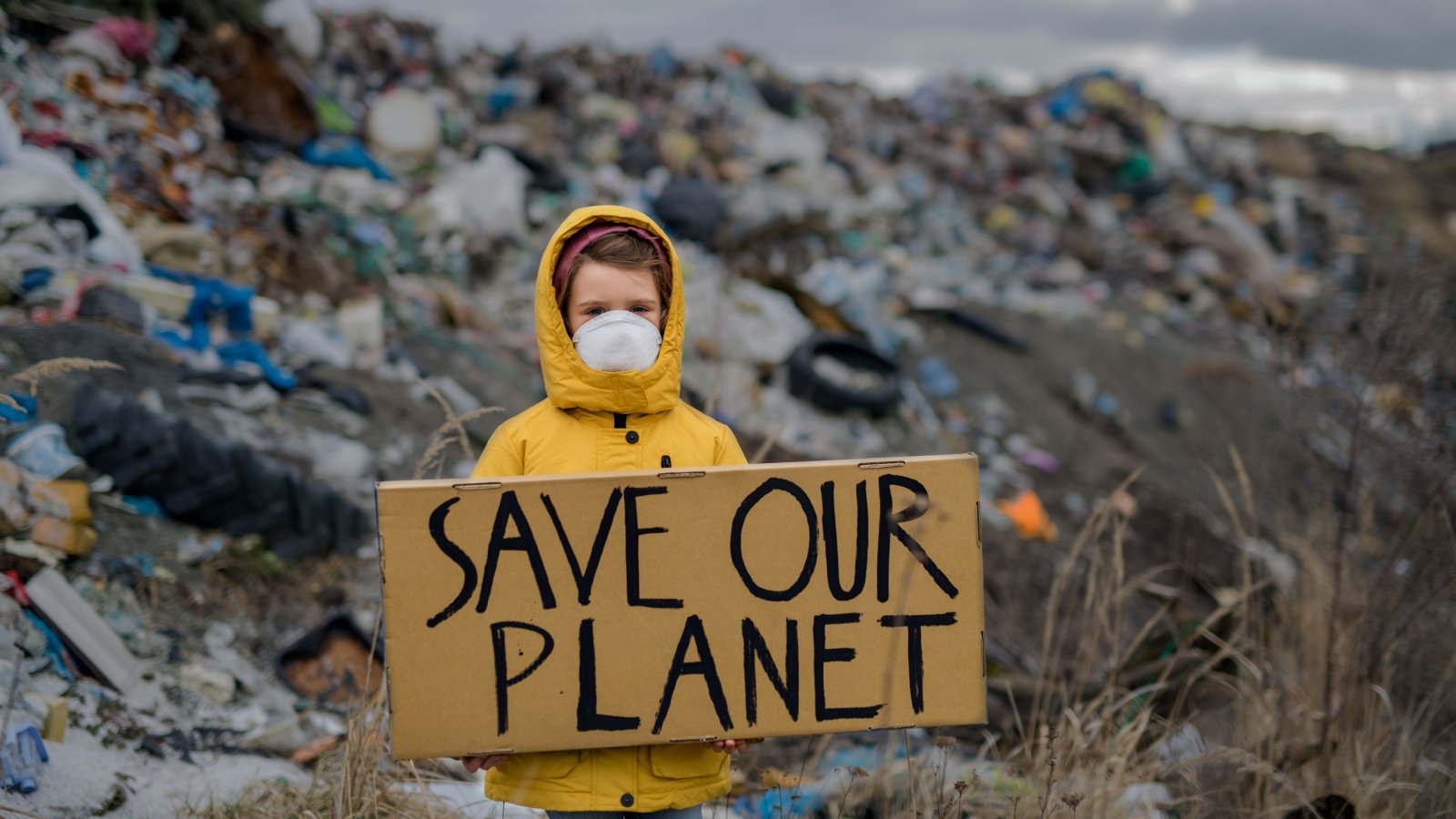
In response to growing concerns about climate change, the U.S. has implemented various initiatives to reduce carbon emissions and promote sustainable practices. These efforts reflect a growing recognition of environmental issues in American policy. The fight against climate change is shaping economic policies, energy production, and public awareness.



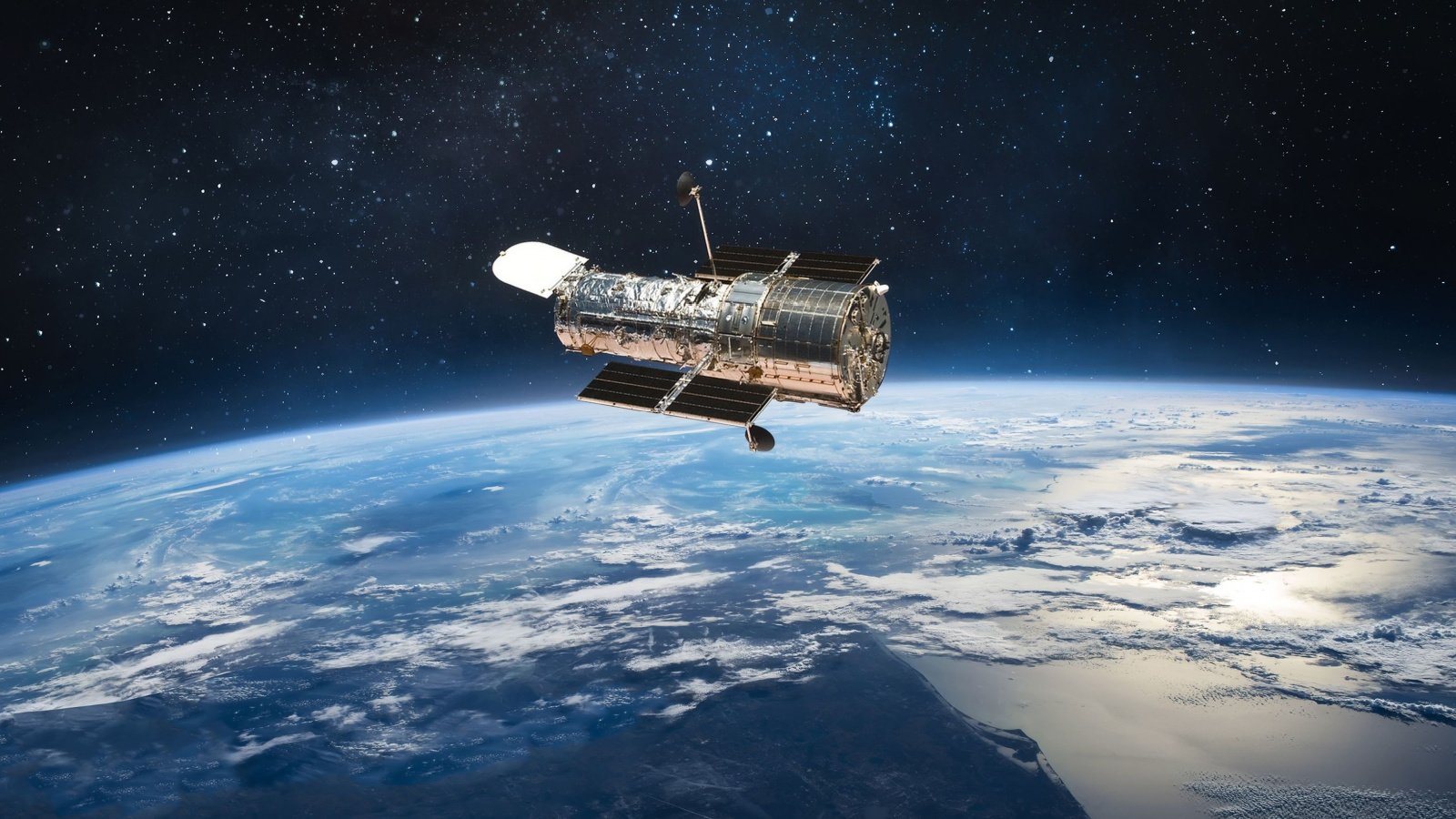





1 comment